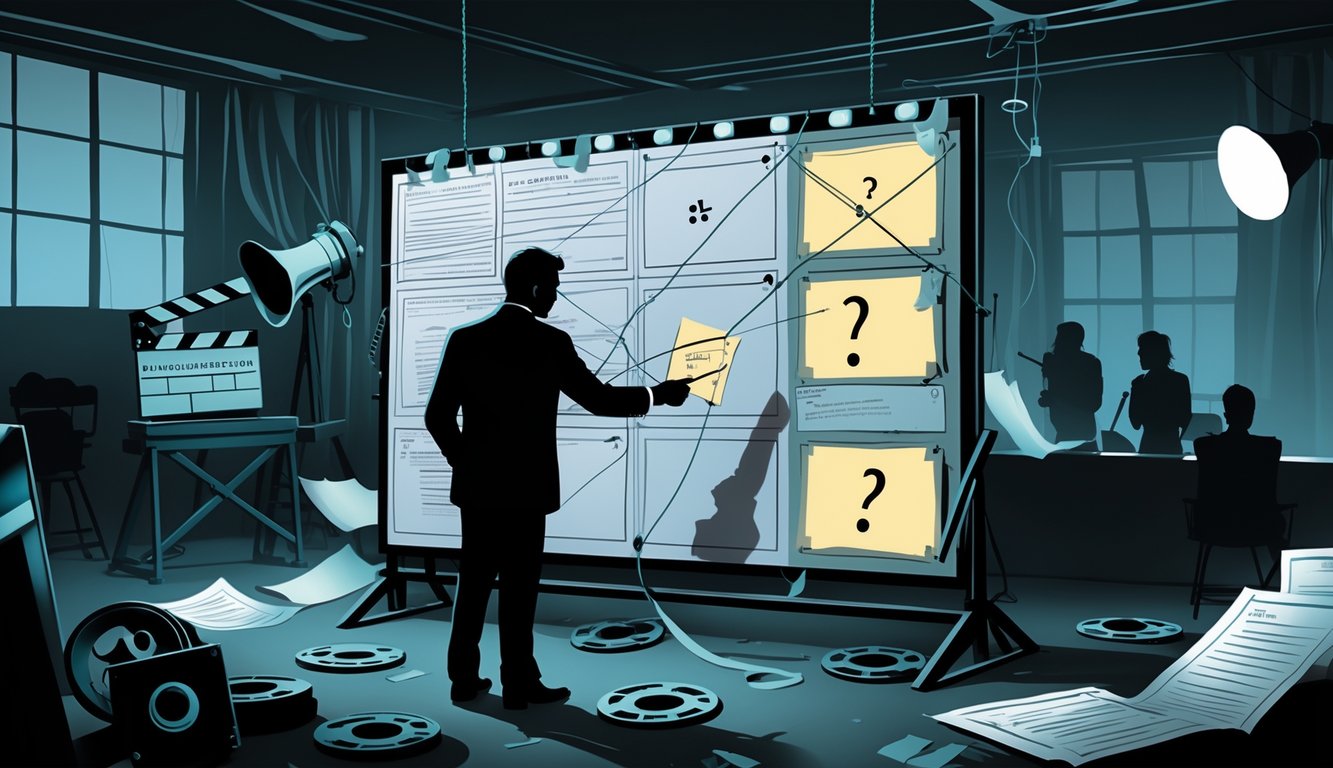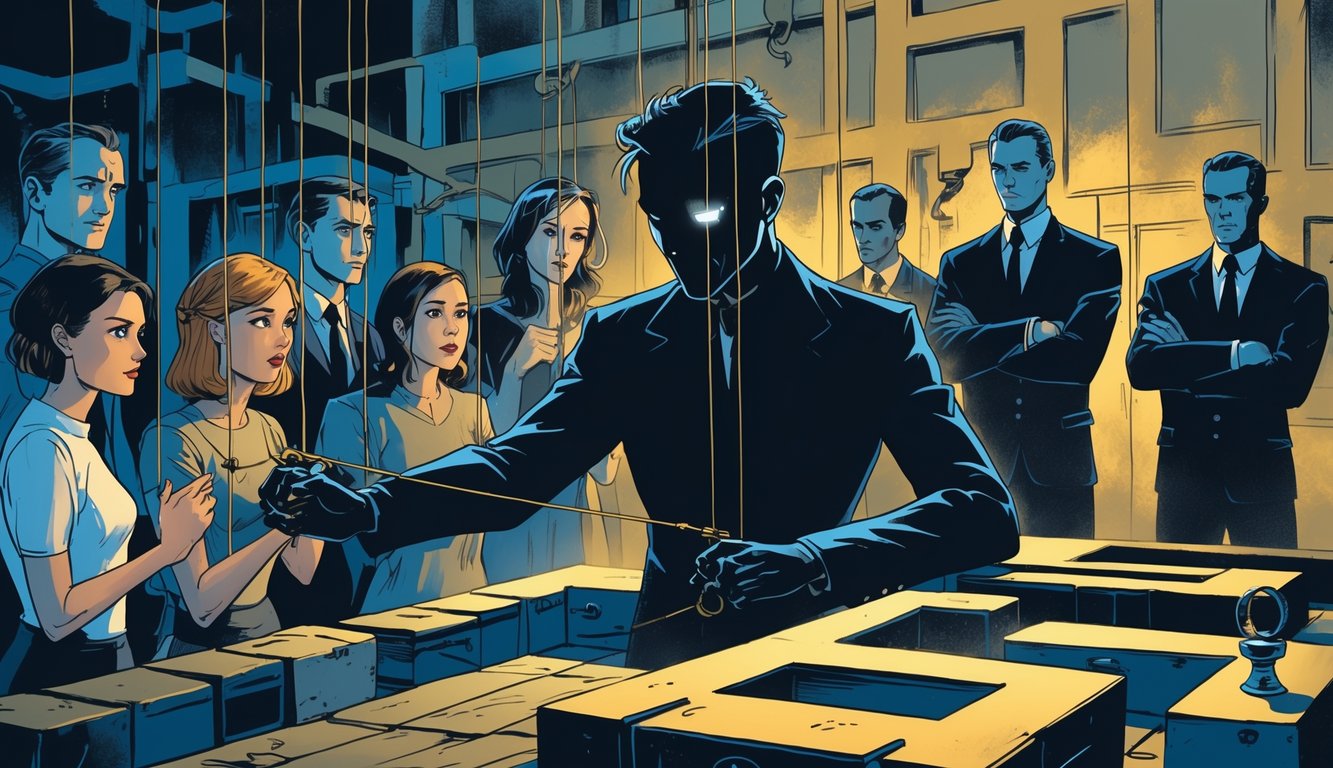
The Role of Producers in Shaping Storylines
Here’s the thing—producers don’t just let scripts wander by untouched. They’re always poking, making last-minute cuts, editing dialogue, twisting characters until everything fits some marketing memo. Developmental editors? Oh, they’re real, and they’re buried in spreadsheets while the writers just want to be left alone.
Balancing Commercial Interests vs. Narrative Integrity
I’ve lost count of how many times a subtitle changed because “brand integration” flagged a word. More than I’d like to admit. I get emails at 1am: “Is the hero likable enough for the holiday merch push?” Should the chef in this docuseries randomly plug olive oil? (Fun fact: Adweek says nearly 38% of production budgets now depend on brand partnerships. Yikes.)
Sometimes I’m told to cut a protagonist’s ugly cry by five seconds because some algorithm says teens tune out after 37 minutes. Suddenly, the whole arc? Squeezed into a weird little box. The pillow in the breakup scene? Swapped out for a sponsor’s logo, and nobody told the writers. Editors get called in to glue the seams together, and “practical” always wins over “artistic.”
Every project bends under what’ll “sell.” That’s not me being grumpy—it’s just true. I’ve literally seen scenes added just to look better on streaming thumbnails. Producers steer the ship just enough so you don’t complain about product placement every five seconds.
Influencing Character Arcs
Character arcs? Supposed to be sacred. But then a producer texts at midnight: “Can you make the hero more relatable for the tween demo?” Suddenly, the outsider becomes the local legend, and nobody cares if his flaws make sense anymore.
A friend of mine, developmental editor, sent me a photo—scripts covered in notes like “make her more decisive (sponsor wants strong female lead)” and “turn the villain into comic relief (focus group).” Sometimes the wardrobe gets overhauled in post—Nike hats, designer scarves on random extras—just to dodge sponsorship drama. Continuity? Totally trashed.
I’ve watched editors and showrunners, surrounded by cold pizza and empty coffee cups, cobble together arcs that technically “fit,” but only because a spreadsheet said so. If a side character vanishes or gets a redemption arc out of nowhere, bet a producer checked the engagement stats and made the call. If you want the inside scoop, Wrapbook has a peek at the story producer’s job in reality TV.
Character Motivations and Plot Twists

Every time a character’s motives do a 180 because the script says so, I want to throw my notes across the room. The best plot twists? They only work if the motivation actually fits—even if, halfway through, someone’s motives make about as much sense as putting radishes in ice cream.
How Motivation Drives Conflict
Picture me, hunched over a script, muttering about a hero who suddenly volunteers for certain doom with nothing but a vague flashback and a pair of Nikes. Conflict’s only real if motivation and action line up. That’s when things explode in ways no producer can fix with a quick reshoot.
You ever see Eleanor in “The Good Place” decide to confess because she’s just tired of hiding? Producers sweat those moments because you can’t fake that kind of momentum. Book Butchers says twists have to be rooted in motivation—not just tacked onto the finale for a cheap gasp. If the stakes are clear, the arc can break or soar, but if the motive’s weak, not even a killer wardrobe change can save it.
Spotting Forced Character Decisions
Honestly, you can spot it a mile away when a character just, I don’t know, swerves off their own arc like someone rewrote their entire personality during a bathroom break. I’ve wasted entire afternoons trying to make sense of those “sudden betrayal” moments—tracking every script note, every little “but why?”—and still, the motivation’s so thin you could poke holes in it with a blunt crayon. Wikipedia recaps catch this stuff, so why do writers think we won’t?
Audiences? Not fooled. When a character’s decision feels forced, it’s like the story’s GPS just glitched and you wind up at a lobster shack instead of, you know, the plot’s actual destination. AspireAtlas has a whole piece on how weak character motives basically torpedo the story’s cohesion (here, if you want: AspireAtlas write-up). If the actions don’t match the character’s actual needs, the whole thing just feels like a last-minute logic patch. I’ve talked to story editors—real ones, not just people on Twitter—and they practically throw things if an arc loses the thread between motive and decision, especially in those late episodes when everyone’s tired and the deadline’s on fire.
And honestly? Nobody forgets those illogical twists. Writers always try to hand-wave it: “Eh, maybe nobody will notice.” Yeah, we do.



